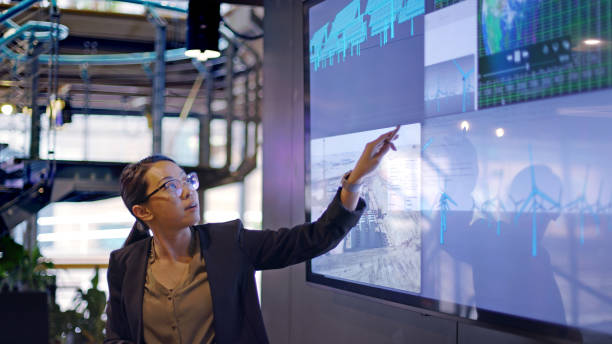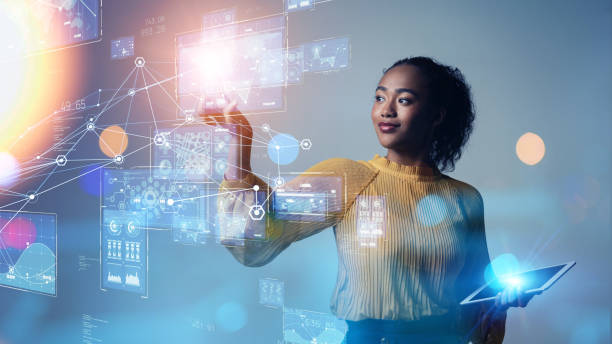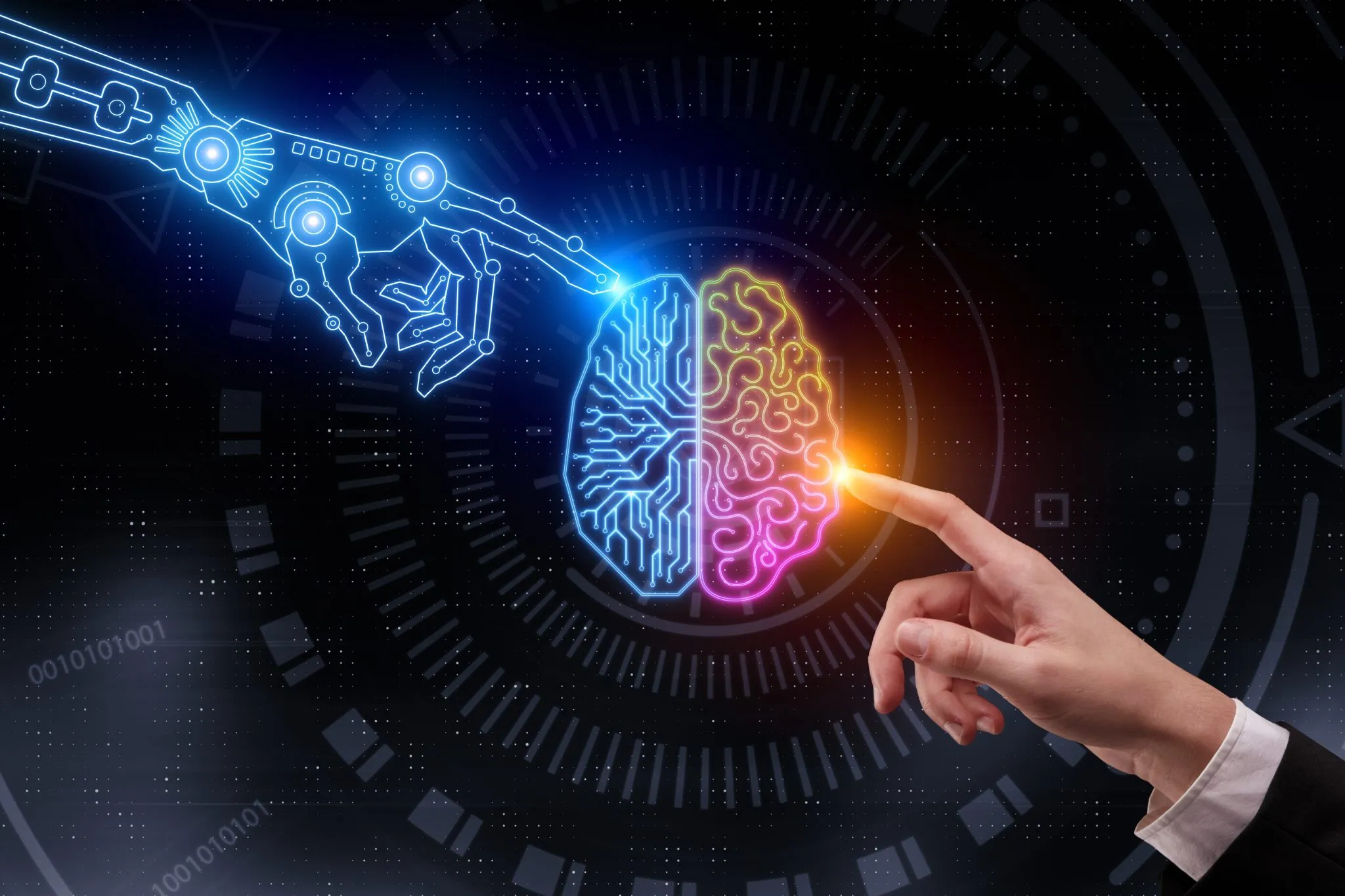Talking about what are the advantages and disadvantages of AI, one of the primary benefits is its ability to automate repetitive and mundane tasks, leading to increased efficiency in various industries. For example, AI-powered systems can handle data entry, customer service interactions, and routine administrative tasks without fatigue, allowing human workers to focus on more complex activities.
What are the advantages and disadvantages of AI
What are the advantages and disadvantages of AI concerning large amounts of data ? These systems can quickly make informed decisions based on complex algorithms. This capability aids businesses and professionals in sectors like finance, healthcare, and logistics by providing insights that are more accurate and less prone to human error.
Artificial intelligence (AI) enables highly personalized experiences, from content recommendations on streaming platforms to customized shopping experiences. Through machine learning, AI systems learn user preferences over time, tailoring interactions to better meet individual needs.
What are the advantages and disadvantages of AI compared to human workers ? AI-driven systems can operate around the clock without breaks. This ensures continuous service and responsiveness, which is especially beneficial in customer service and support sectors. AI contributes to significant advancements in healthcare through applications such as predictive analytics, personalized medicine, and robotic surgery.
Machine learning models can help identify patterns in patient data, leading to earlier diagnoses and more effective treatments. One of the most commonly cited drawbacks of AI is its potential to displace jobs across various sectors. Automation of tasks that were traditionally performed by humans can lead to job loss, especially in fields that rely heavily on routine labor.
On the other part of what are the advantages and disadvantages of AI, developing and implementing AI systems can be expensive. Small businesses or those in developing countries may find it challenging to integrate AI due to the initial cost of technology, training, and maintenance. AI algorithms learn from the data they are trained on, which means that if the data contains biases, the AI will replicate them.
This has led to issues such as biased decision-making in hiring practices and facial recognition technology that may not accurately identify people of all races. AI relies on vast amounts of data to function effectively. Insufficient or poor data quality can lead to inaccurate outputs and unreliable systems. Moreover, this need raises concerns about user privacy and data security.
As we are reflecting on what are the advantages and disadvantages of AI, while it can simulate human decision-making processes, it lacks the ability to think creatively or understand emotions in the same way humans do. This makes it less suitable for tasks that require empathy, complex social interactions, or original thought. As with any technology, AI can also malfunction or be subject to security breaches.
Hacking an AI system could have serious implications, especially if it is involved in critical infrastructure, such as power grids or autonomous vehicles. AI is a powerful tool that offers immense benefits, including increased efficiency, personalized services, and advancements in various fields like healthcare. However, it is not without its drawbacks, such as job displacement, ethical concerns, and the potential for misuse.
As we are reflecting on what are the advantages and disadvantages of AI, striking a balance between leveraging potential and mitigating disadvantages will be key to harnessing the benefits of AI responsibly. As it continues to evolve, its potential to revolutionize industries and improve daily life becomes more evident.
Future advancements could bring even more sophisticated AI systems that mimic human-like reasoning, enhance creativity, and engage in empathetic interactions. This could lead to more seamless integrations between human and machine workforces, where AI acts as an assistant that increases human capabilities rather than replaces them.
The development of AI ethics and regulatory frameworks will be crucial in ensuring these technologies are used responsibly and inclusively. To address the challenges AI sets, governments, industries, and educational institutions need to collaborate on initiatives that prepare workers for the shifting job market.
Upskilling and reskilling programs can empower people to adapt to AI-enhanced roles, ensuring they remain relevant in an increasingly automated economy. Moreover, fostering transparent and accountable artificial intelligence practices will help build public trust in these technologies.





